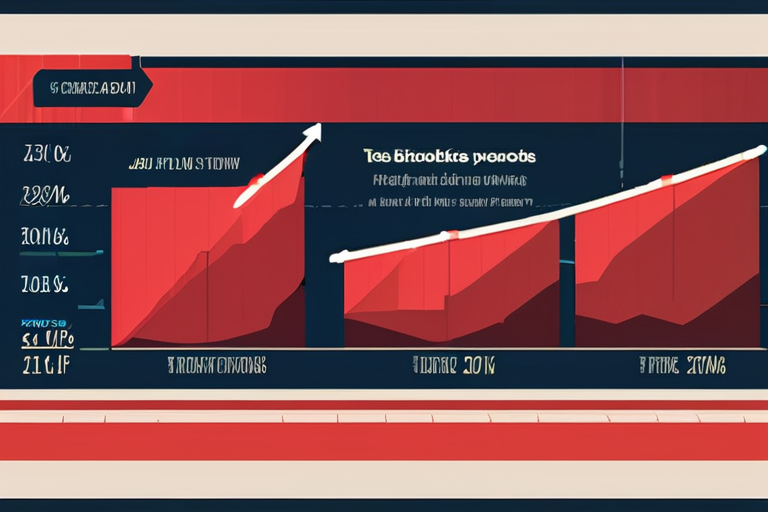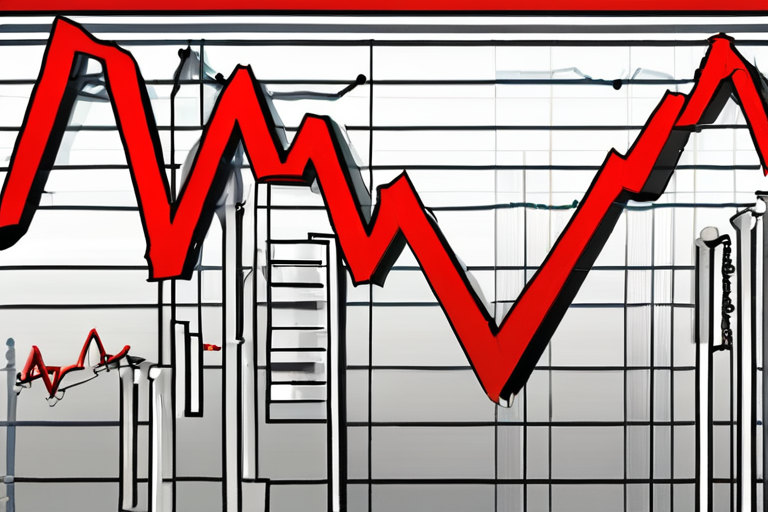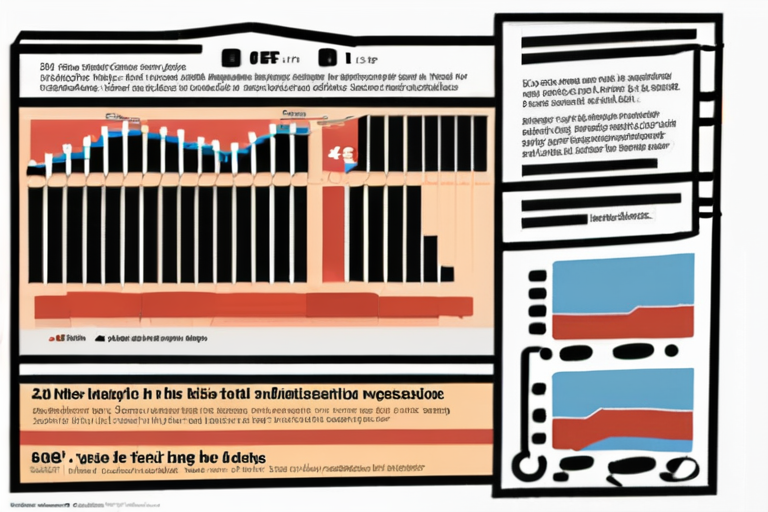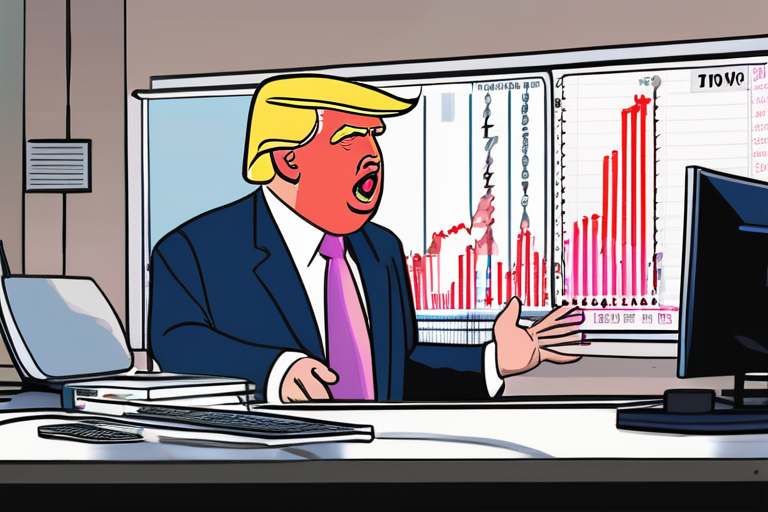The Wealth Effect Takes Center Stage: A Growing Link Between Stock Market and Economy
A recent study by Oxford Economics found that every 1 increase in stock wealth now translates to a 0.05 marginal propensity to consume, up from less than 0.02 in 2010. This significant shift in the wealth effect has profound implications for the economy and the actions of the Federal Reserve and Congress.
According to data from Oxford Economics, the marginal propensity to consume, which measures the change in consumer spending in response to changes in wealth, has increased substantially over the past 15 years. In 2010, a 1 increase in stock wealth led to a mere 0.02 increase in consumer spending. In contrast, today, the same 1 increase in stock wealth results in a 0.05 uptick in consumer spending. This means that the wealth effect, which was once considered a minor factor in driving consumer spending, now plays a significant role in shaping the economy.
The growing link between the stock market and the economy has significant implications for the Federal Reserve and Congress. As the wealth effect becomes more potent, the Fed and Congress may feel pressure to intervene in the market to support economic growth. In the past, the Fed has used monetary policy tools to stimulate economic growth, but the growing wealth effect may lead to a more direct focus on supporting asset prices.
The wealth effect is not limited to the stock market. Every 1 increase in housing wealth leads to a 0.04 increase in consumer spending, according to Oxford Economics. This means that the housing market, which has been a significant driver of economic growth in recent years, also plays a critical role in shaping consumer spending.
The growing link between the stock market and the economy has significant implications for companies and industries that are heavily reliant on consumer spending. Companies such as Walmart, Amazon, and Home Depot, which have a significant presence in the retail sector, may benefit from the growing wealth effect. However, companies that are heavily reliant on the stock market, such as investment banks and financial institutions, may face increased pressure to deliver strong returns to investors.
Looking ahead, the growing wealth effect is likely to continue to shape the economy and the actions of the Federal Reserve and Congress. As the wealth effect becomes more potent, the Fed and Congress may feel pressure to intervene in the market to support economic growth. This could lead to a more direct focus on supporting asset prices, which could have significant implications for companies and industries that are heavily reliant on the stock market.
In conclusion, the growing link between the stock market and the economy has significant implications for the Federal Reserve, Congress, and companies. As the wealth effect becomes more potent, the Fed and Congress may feel pressure to intervene in the market to support economic growth. Companies that are heavily reliant on consumer spending may benefit from the growing wealth effect, while companies that are heavily reliant on the stock market may face increased pressure to deliver strong returns to investors.



























Share & Engage Share
Share this article